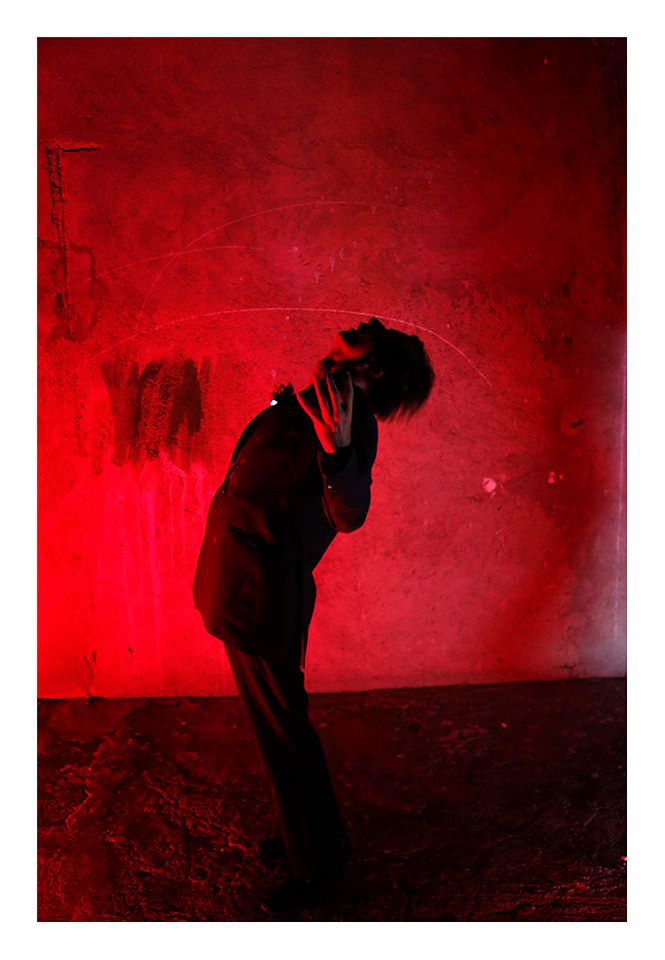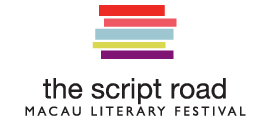Biography
DEMO (Dispositivo Experimental, Multidisciplinar e Orgânico) é um colectivo de artistas que privilegia a investigação e a criação com base no cruzamento entre as artes performativas, visuais e arte da performance, em contexto de criação e encenação colectiva. Procura fomentar também uma consciência crítica através da dinamização da arte pela partilha, troca de conhecimentos e a fusão das várias áreas artísticas. A DEMO nasce em 2010, com sede em Guimarães. Cheila Pereira, Cláudio Vidal, Gil MAC, Margarida Cabral e Paula Rita Lourenço assumem uma direcção artística conjunta. Partilham os mesmos posicionamentos artísticos e estéticos o que lhes possibilita, no decorrer dos vários projectos de criação-investigação da DEMO, desenvolver uma identidade artística onde a plasticidade visual é uma das suas características. Têm por princípio a partilha das suas criações com diferentes colaboradores.

“Hydra & Orpheu” is a show inspired by artistic and literary movements from Symbolism to Futurism and influenced by Camilo Pessanha, a poet belonging to the “Orpheus Generation”. It is a celebration of both the 100th anniversary of Orpheu magazine and the 150th anniversary of Camilo Pessanha’s birth. In harking back to the past and the first artistic avant gardes, it creates an alternative future within our postmodern and post-vanguard times. It springs from a creative encounter between the DEMO collective and Coimbra’s Jazz ao Centro Club, who together explore the relationships of the body, movement and poetry to live music and site-specific / site-adapted production. This contemporary and multidisciplinary show seeks out new aesthetic and procedural discourses, blending performance art, theatre, poetry and music.

“White & Red” begins as an independent event, complementary to “Hydra & Orpheu”, in partnership with the show’s two musicians (a bassist and a drummer). With the support of these two musicians a poetry jam session is created using various texts by Camilo Pessanha, Fernando Pessoa and Mário de Sá-Carneiro, wandering somewhere between spoken word and choreography.

